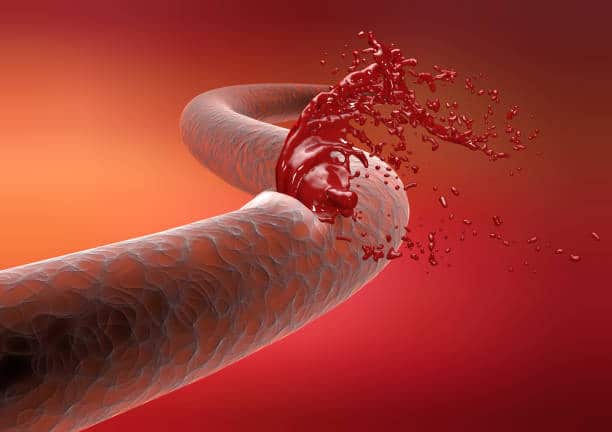Almost all of your body’s processes depend on water, including blood circulation, which comprises about 80% water. When you donate whole blood, which typically takes half a liter (or roughly a pint), you quickly lose water from your body.
Although it may seem obvious, you are also losing fluids along with that pint of blood, which represents around a tenth of your entire blood supply, according to the website of the Red Cross.

Though it’s unnecessary, the juice could be an excellent restoration approach. You can instead go for some simple water. After a donation, water is, without a doubt, the most acceptable drink to consume.
Approximately 8% of overall body weight is made up of blood volume. Plasma, which makes up around 55% of blood, comprises 90% water. Thus, even though you give less than a pint of blood at once, about half of it is water.
To avoid dehydration, you must consume much water (at least 500 ml) before and after donating. After donating, it’s crucial to replenish lost fluids to let your blood volume levels return to normal.
The importance of water
Approximately 60% of body weight is made up of water. Your body’s organs, cells, and tissues require water to function correctly.
Water maintains your body’s temperature at a common value, eliminates waste through urine, sweating, and bowel motions, and cushions and lubricates your joints.
Water is also essential for the health of your heart. Your heart is always at work, pumping about 2,000 gallons of blood daily. Maintaining hydration, or consuming more water than you lose, will support the function of your heart.
Here are three good reasons to make sure you’re adequately hydrated when giving blood:
- Water improves flow, so your donation will proceed rapidly.
- You’re less likely to experience dizziness during or after the procedure since donating blood can temporarily lower your heart rate or blood pressure. Before donating, drink a bottle of water (16.9 ounces) to help lower your risk of dizziness.
- It makes it simpler for the technician to locate a vein and begin your donation. Your arm’s hydrated veins are simpler to locate.
After your donation
Your body starts replenishing the lost water as soon as you finish giving blood, so all of your body’s hydration will be directed toward doing so. When that occurs, your body has to be prepared with additional water.
Furthermore, it is advised that you avoid drinking alcohol or anything that contains caffeine after your donation because both can promote dehydration.
What happens to the body when you donate blood?
Giving blood saves lives and is beneficial for both the donor and recipient. What occurs to your body after a blood donation?
Short-term impact on your body when donating blood
Red blood cells are replenished at a stunning pace after a donation. Bone marrow boosts the production of stem cells, which eventually differentiate into white cells, red cells, or platelets after the signal that overall oxygen levels are reduced (due to the loss of red cells).
Red blood cell loss is the immediate effect of giving a pint of blood to the body.
The average adult contains around 10 pints of reserves or 8% of body weight, and it takes several weeks to restock those reserves (hence why donors have to wait between donations).
Due to the loss of iron and water caused by the abrupt lack of blood components, a small percentage of donors may feel dizziness, exhaustion, or nausea; however, these symptoms will quickly subside as reserves are refilled.
Long-term benefits to the body when you donate blood
Studies have discovered numerous advantages of regular blood donation.
The American Journal of Epidemiology reports that 88% of blood donors had a lower risk of heart attack. This finding may be partial because blood donation promotes blood flow, reducing blood viscosity (resistance) and making blood less corrosive to blood vessels.

Jay
Jay is a health and wellness enthusiast with expertise in water quality and nutrition. As a knowledgeable advocate for holistic well-being, Jay successfully manages Type 2 Diabetes through informed lifestyle choices. Committed to sharing reliable and authoritative insights, Jay combines firsthand experience with a passion for enhancing health."
